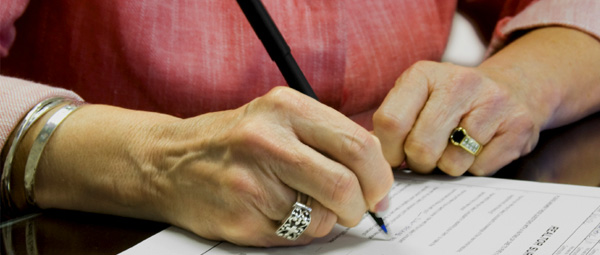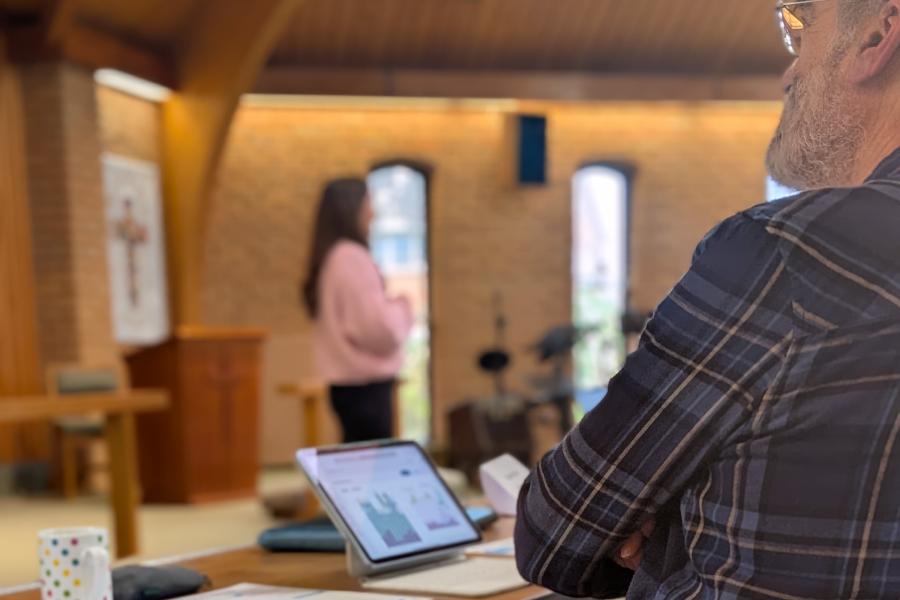
Legacy Campain Training
Legacies can be a substantial additional income for your church, but in order for people to leave you these generous gifts they need to be asked.
For many people, leaving a gift in their will is a final opportunity to make a lasting gift to God.
Legacies are vital for our parishes. Church of England parishes receive over 4,000 legacies each year coming to around £60 million - gifts to finance mission projects, maintain beautiful church buildings and grow faithful communities. These gifts make a real difference to the future work of the Church - as regular giving often concentrates on maintaining the existing mission and ministry. However, the recent National Giving Survey, showed that Anglicans were 3 times more likely to leave a gift in their Will to a charity than their church.
God gave us everything we have. Our stewardship beliefs and practices teach us that when we have no further use for our earthly possessions we give back to God. Gifts in Wills are an important part of Christian giving, and leaving a gift to your church is a way to thank God for all the blessings you have received in your lifetime.
If you are interested in leaving a legacy to your church and would like more information, please click here.
-
If your PCC is looking to encourage legacy giving, you can order a free copy of the PCC Legacy Toolkit here.
-
For help with having pastoral conversations around death and funerals, you may wish to look at the resources at Gravetalk, from the National Church, and DeathLife, from the Diocese of Oxford.
-
Parish Buying have partnered with Farewill, an online Will writing company, in order to provide free Wills. Using Farewill, anyone in your church can write their Will, from home, in as little as 30 minutes - at no charge. There is no obligation for people using the service to leave a gift to a church, and loved ones will - and should - always come first. However, some people will remember their local or favourite church and every gift, great or small, can make a real difference to the mission and ministry of that church for future generations.

